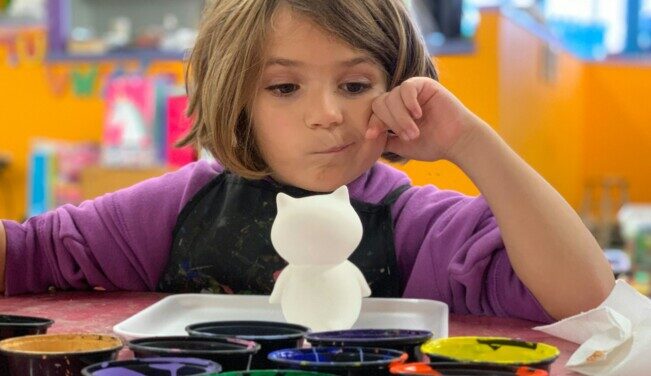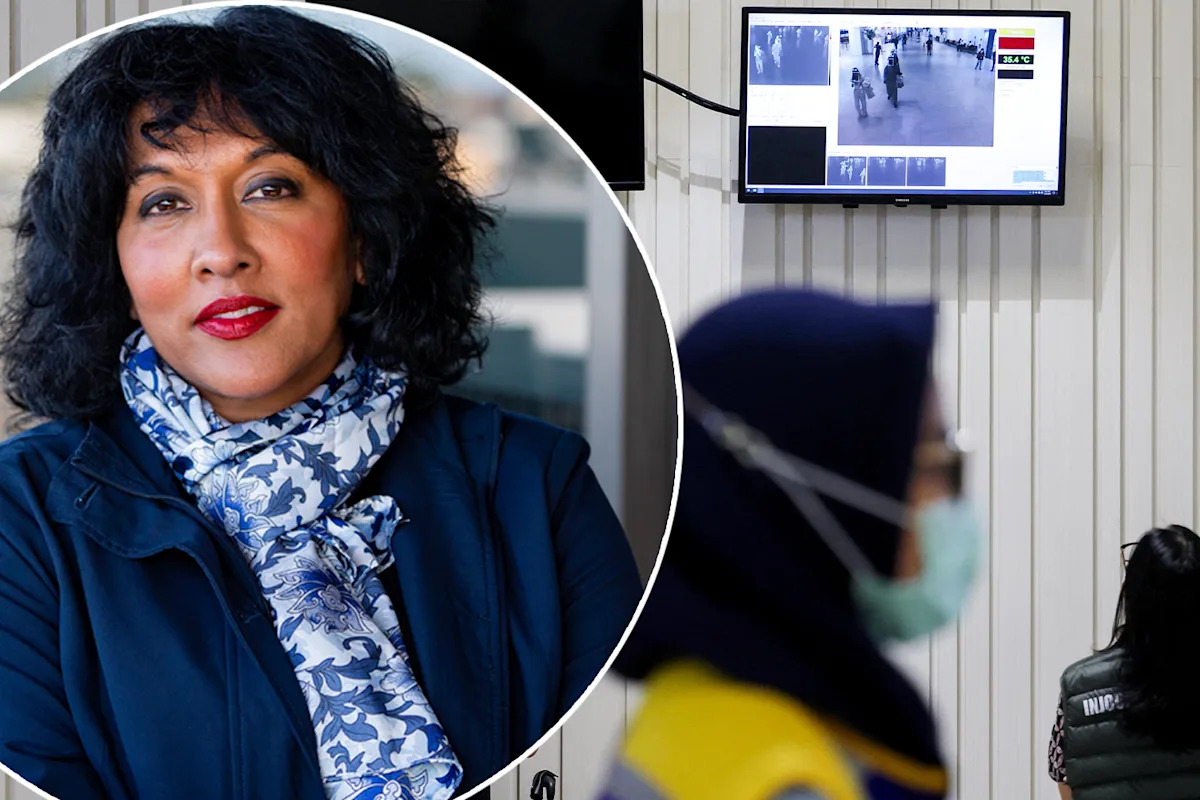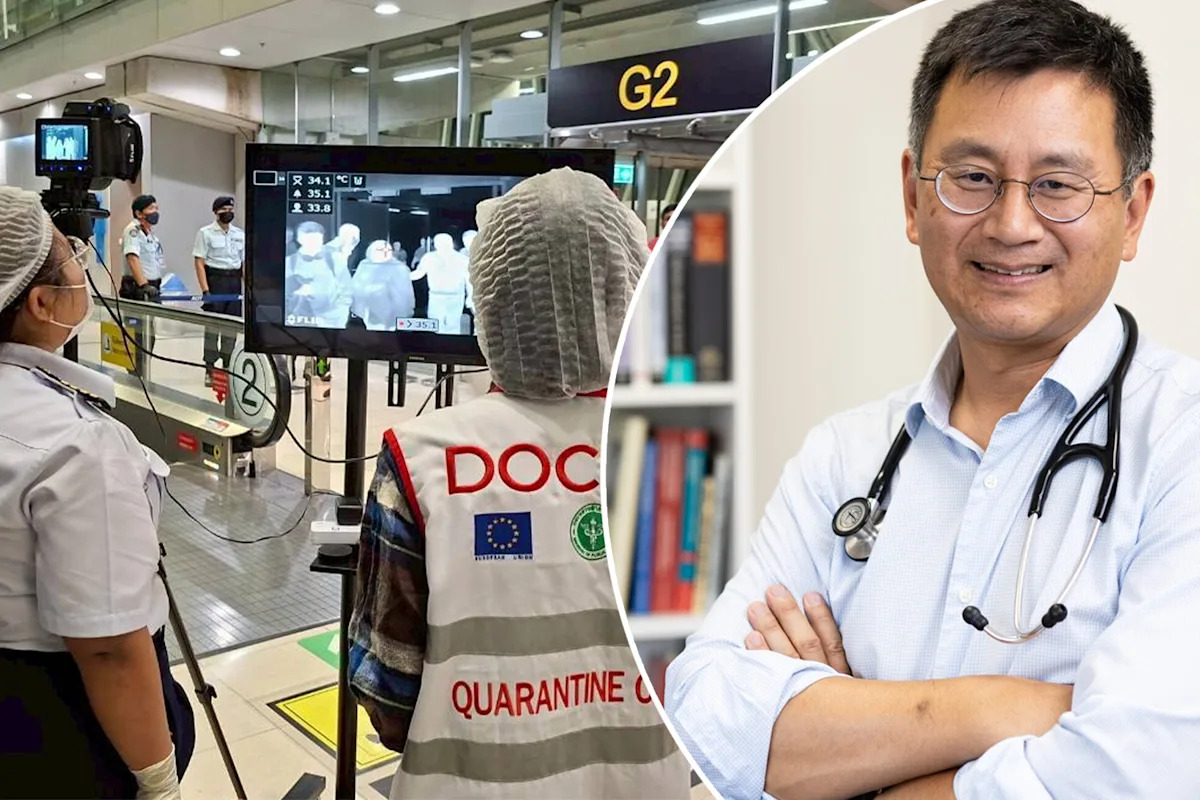
A groundbreaking study from Murdoch University reveals that treating childhood depression and anxiety becomes significantly more effective when parents and caregivers are actively involved in the therapeutic process. This research comes at a crucial time, as the COVID-19 pandemic has led to a global surge in anxiety and depression symptoms among children, leaving many parents feeling helpless.
The study, spearheaded by Dr. Kim Lee Kho, highlights the importance of family-based interventions, particularly the Behaviour Exchange and Systems Therapy – Foundations (BEST-F) model, in helping children reduce the internalization of distress. This model emphasizes the critical role parents play in the therapeutic journey of their children.
Parents’ Pivotal Role in Reducing Internalised Symptoms
The BEST-F model, a collaborative development by teams in Melbourne and Perth, including Professor Andrew Lewis, focuses on strengthening the parent-child relationship as a cornerstone of treatment for children aged 3 to 11. Dr. Kho notes,
“Children mirror the emotional cues of their caregivers. When they see parents engaging with a therapist openly and honestly, it gives them permission to do the same.”
The study provides compelling evidence that children whose families participated in BEST-F sessions showed a significant reduction in internalized symptoms such as withdrawal, sadness, or suppressed anxiety, alongside improved emotional expression.
Improved Communication and Family Cohesion
According to co-author Dr. Renita Almeida, the family’s role in children’s emotional development is critical.
“We know children exist within multiple systems, but the family system is foundational,” Dr. Almeida said. “Research confirms that caregiving environments influence the development and transmission of anxiety and depression but also that families hold immense potential for healing and growth.”
Participants in the study reported lasting improvements in communication and emotional closeness. One parent shared,
“I felt heard and seen by you [therapist] when we talked about what I’ve experienced in the past. I felt safe, and that changed everything for me and my family could tell the difference too.”
A child participant added,
“I feel it’s safe talking about it here… now I can tell Mum when I’m upset if something happens at school or with Dad.”
Whole-System Therapy Shows Lasting Change
The research found that engaging the whole family system led to long-term, compounding benefits. Follow-up evaluations indicated ongoing improvements in family functioning, parent wellbeing, and children’s emotional health. Dr. Almeida remarked,
“BEST-F creates ripples. The improvements don’t just stop with the child. They radiate outward into parental wellbeing and the broader family dynamic.”
Dr. Kho expressed optimism that these findings could reshape future treatment approaches for childhood anxiety and depression.
“With these promising results, we hope to see a larger clinical trial and a pathway to offer BEST-F more widely in community settings,”
she said.
About the Research
This study is part of a growing body of work that emphasizes relational and systems-based approaches in child mental health interventions. As the world grapples with the mental health fallout from the pandemic, such research underscores the potential for family-centered therapies to offer sustainable solutions.
The implications of this study are significant, suggesting that a shift towards family-inclusive therapeutic models could be essential in addressing the rising tide of childhood anxiety and depression. As researchers call for broader clinical trials, the hope is that these findings will inform policy and practice, making effective treatment more accessible to families in need.





